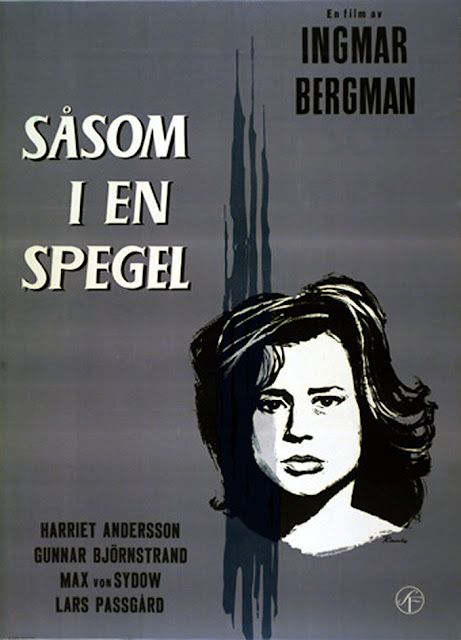☆ ☆ ☆ ☆
Everyone Else (2009) – M. Ade
There’s an awkwardness and tension at a certain earlyish stage of
relationships where things are not quite fully decided that director Maren Ade captures
painfully here (with the help of brave performances from Birgit Minichmayr and Lars
Eidinger). Although it doesn’t reach the outrageous heights that her subsequent
film, Toni Erdmann (2016) did, the attention to relationship detail found there
is also here. I’ve read that many people
find partners that are not perfectly suited to their own personalities,
interests, or internalised norms and rules and, if that happens, it takes a lot
of effort (and conflict) to make the relationship work. Essentially two people need to adapt to each
other, to decide where they will and will not compromise for their partner, and
the result of this negotiation determines whether the relationship will persist
or not. This film shows that process
unfolding during a holiday in Sardinia.
To make matters more tense, another couple appears and the social
comparisons that are invited with this couple (who are seemingly more secure) cause
further stresses between Chris and Gitti (Eidinger and Minichmayr). A second look, however, suggests that the
other “perfect” couple, although composed of two professionals (architect like
Chris and fashion designer, unlike Gitti who does PR for a record company), has
resolved their internal dynamic by letting the man completely dominate – he repeatedly
belittles his partner (and patronises everyone else). Chris (undoubtedly
insecure in the presence of his rival) tries this on (wanting to be like “everyone
else”) but Gitti wants none of it. To
Ade’s credit, we in the audience never quite know where the relationship is
headed – we endure the little crises (e.g., getting lost while hiking) and the
major problems just as we have endured them in reality. So, if your relationship isn’t quite at the
right stage, this might not be a film for date night. For everyone else, it’s uncomfortable but
rewarding.


























